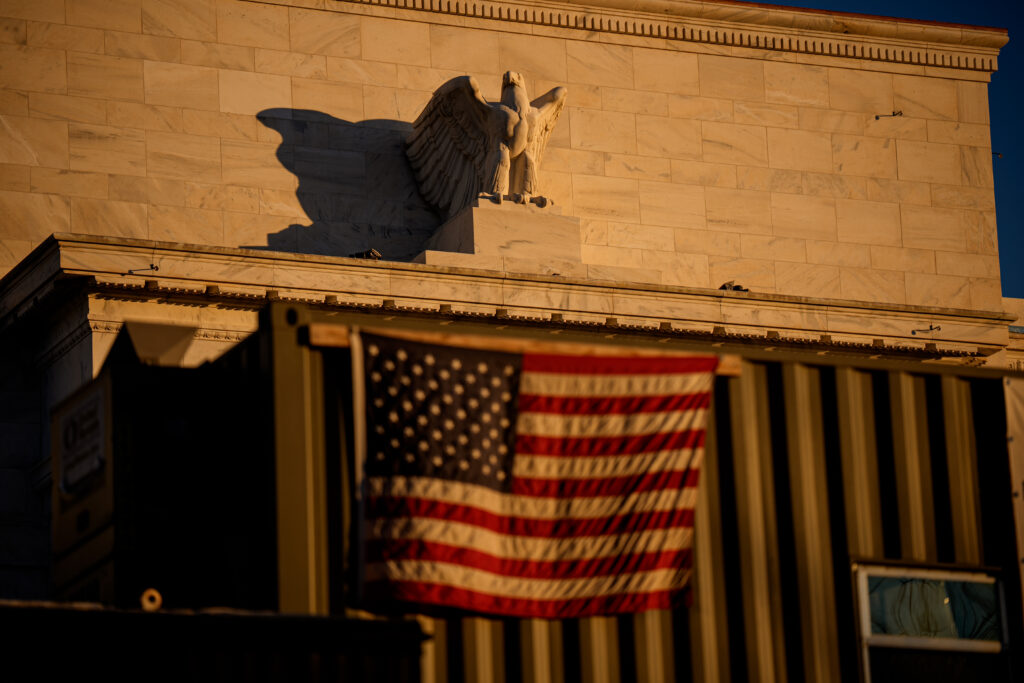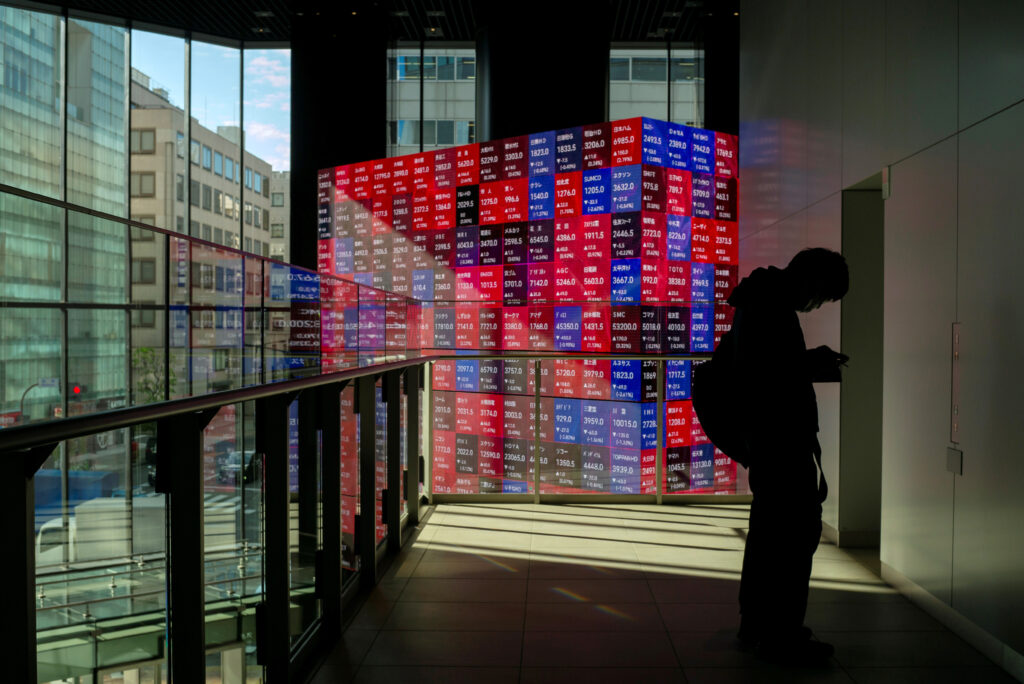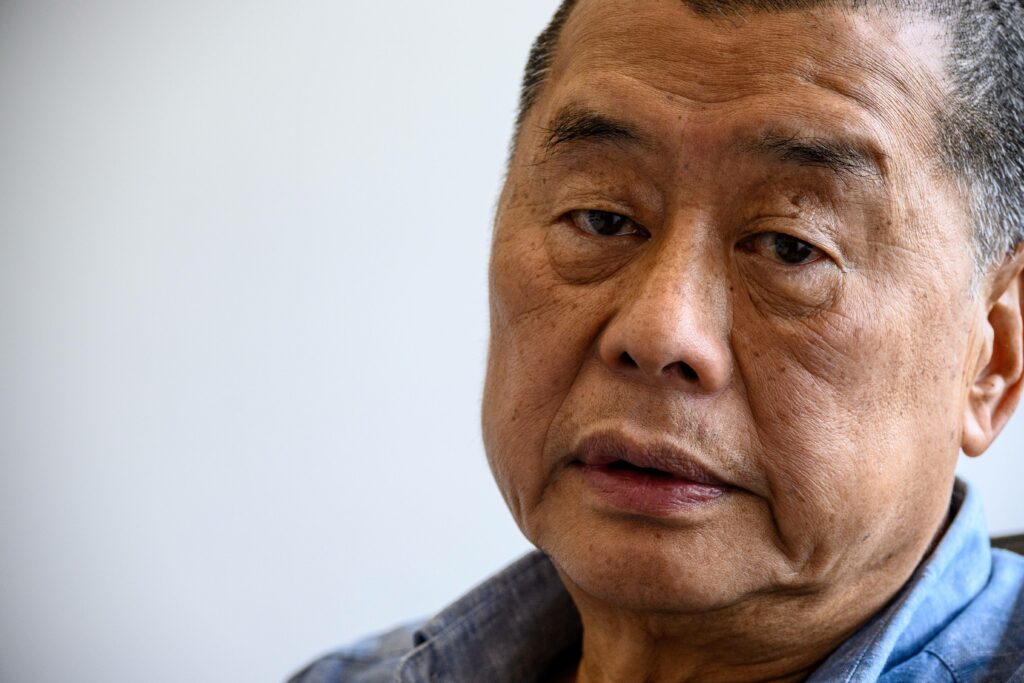Bank of Japan expected to hike rates to 30-year high
The Bank of Japan is expected to hike interest rates Friday for the first time since January, pushing them to their highest level in 30 years and potentially exacerbating turmoil in debt markets.Yields on Japanese government bonds have risen in recent weeks on worries about Prime Minister Sanae Takaichi’s budget discipline, while the yen has weakened.Higher BoJ interest rates make Japanese bonds more attractive than other assets, pushing down their prices but sending yields — which move inversely — higher.Japan’s economy contracted 0.6 percent in the third quarter, but BoJ governor Kazuo Ueda said last weekthat the impact of US tariffs was less than feared.”So far, US corporates have swallowed the burden of tariffs without fully passing (them) through to consumer prices,” Ueda told the Financial Times.At the same time, inflation has been above the BoJ’s target of two percent for some time, with core consumer prices rising 3.0 percent in October.”The urgency stems from policymakers’ recognition that the window for hiking will close once external headwinds intensify,” said BMI (Fitch Solutions) in a note.- Record-high yields -The majority of economists polled by Bloombergexpect the BoJ to raise its main rate from 0.5 percent to 0.75 percent, which would be the highest since 1995.The BoJ only began raising rates from below zero in March 2024. The US Federal Reserve is now going in the other direction and cutting rates.The BoJ’s move should help keep inflation in check, which would be welcome news to Takaichi, Japan’s first woman prime minister.She hopes to avoid the fate of her predecessor Shigeru Ishiba, who suffered a string of election debacles in part because of anger over rising prices.The lower house last week approved an extra budget worth 18.3 trillion yen ($118 billion) to finance a major stimulus package to help households.But more than 60 percent of the planned spending will come from government borrowing, rekindling market anxiety about Japan’s fiscal health.The country already has the biggest ratio of debt to gross domestic product (GDP) among major economies, with the International Monetary Fund projecting it to hit 232.7 percent this year.Yields on 30-year bond yields reached a record high in early December, and 10-year yields last week hittheir highest level in 19 years.As well as pushing up bond yields, worries about Takaichi’s “responsible proactive fiscal policy” have added to pressure on the yen, which in turn fuels inflation since Japan is so reliant on imports.”These factors will offset the effects of the economic stimulus measures and undermine the medium- to long-term stability of the economy and financial markets,” said Takahide Kiuchi at the Nomura Research Institute.”This is the contradiction and weakness of the Takaichi administration’s proactive fiscal policy,” he said.






